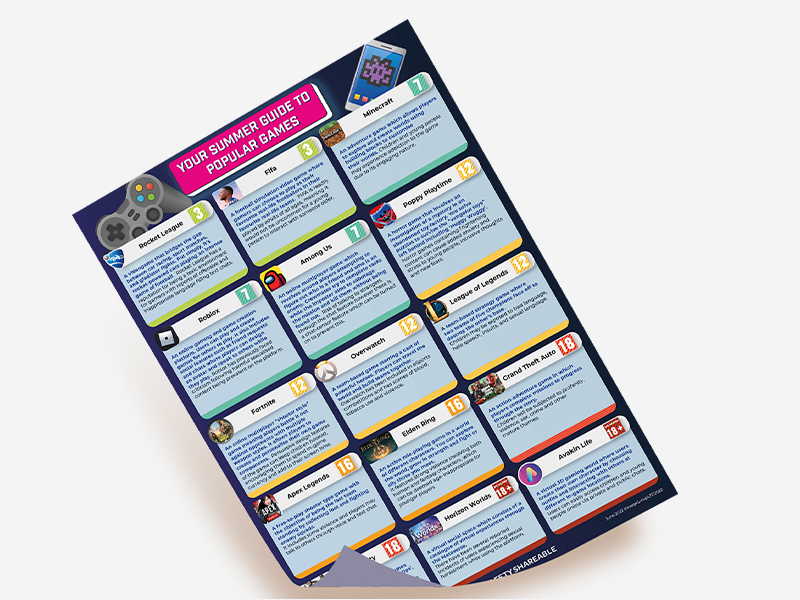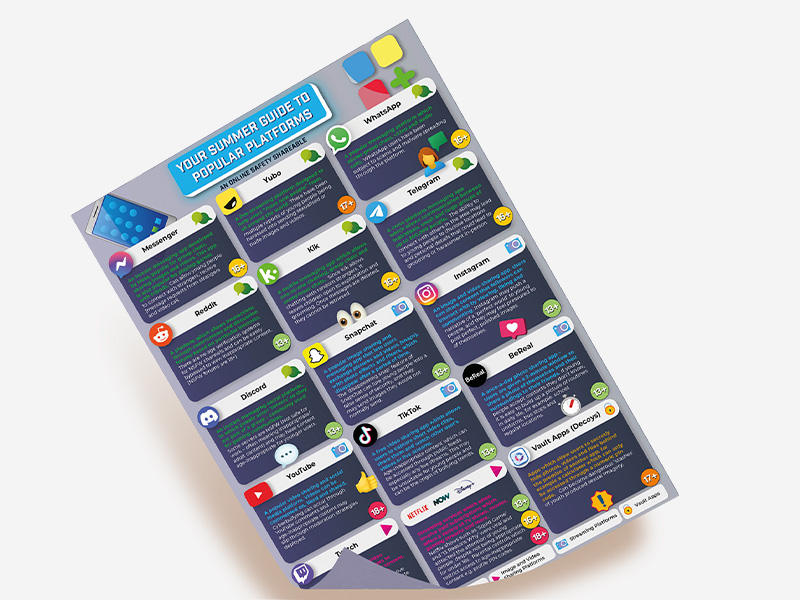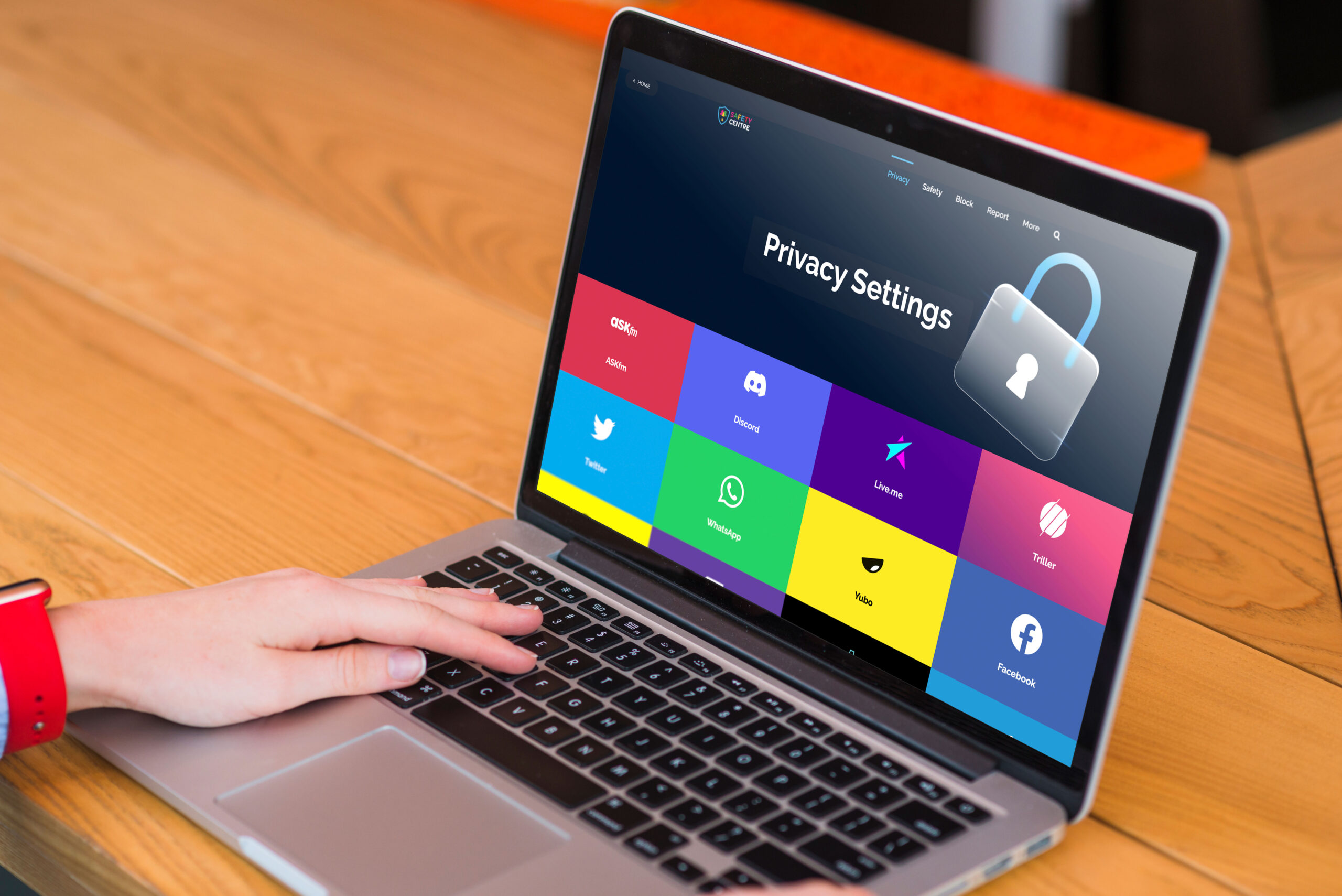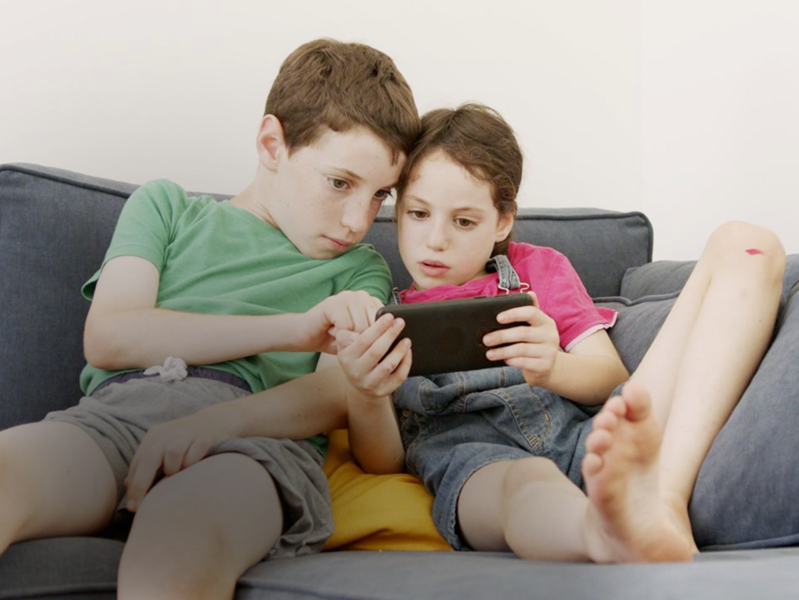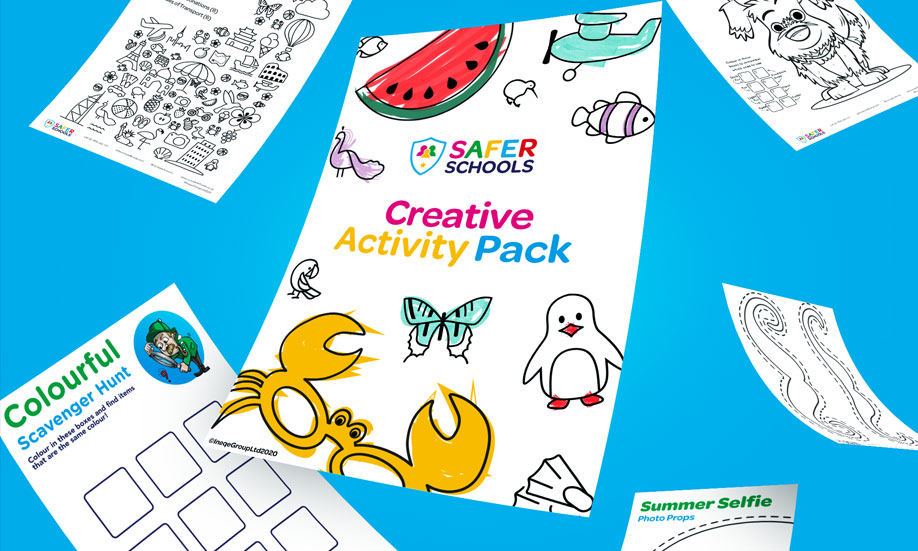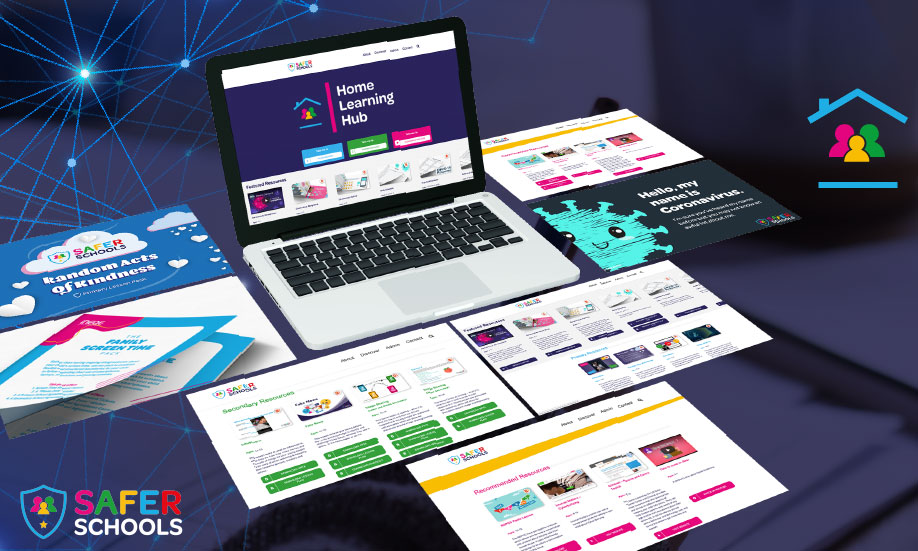Last Updated on 10th September 2024
Read Time: 2.9 Minutes
20th June 2024
It’s summer and the school holidays are nearly here! While we can’t guarantee sun time, we can predict high levels of screen time for our children and young people during the school holiday season.
It might seem that the easiest option for managing screen time is to not allow it at all, but screen time activities like gaming and social media are a source of fun for children and young people. It is often how they communicate with their friends while they’re not seeing them every day at school, so banning all screen time would most likely be counterproductive or even harmful, as it can cut off children and young people from their outside world.
A more productive approach would be to establish boundaries and develop healthy habits, which will balance their screen time while also ensuring their needs are recognised.
Top Tips for Managing Screen Time
Here are some tips to help you begin the journey to less screen time with the children and young people in your care.
Summer Screen Time Resources
Join our Online Safeguarding Hub Newsletter Network
Members of our network receive weekly updates on the trends, risks and threats to children and young people online.



